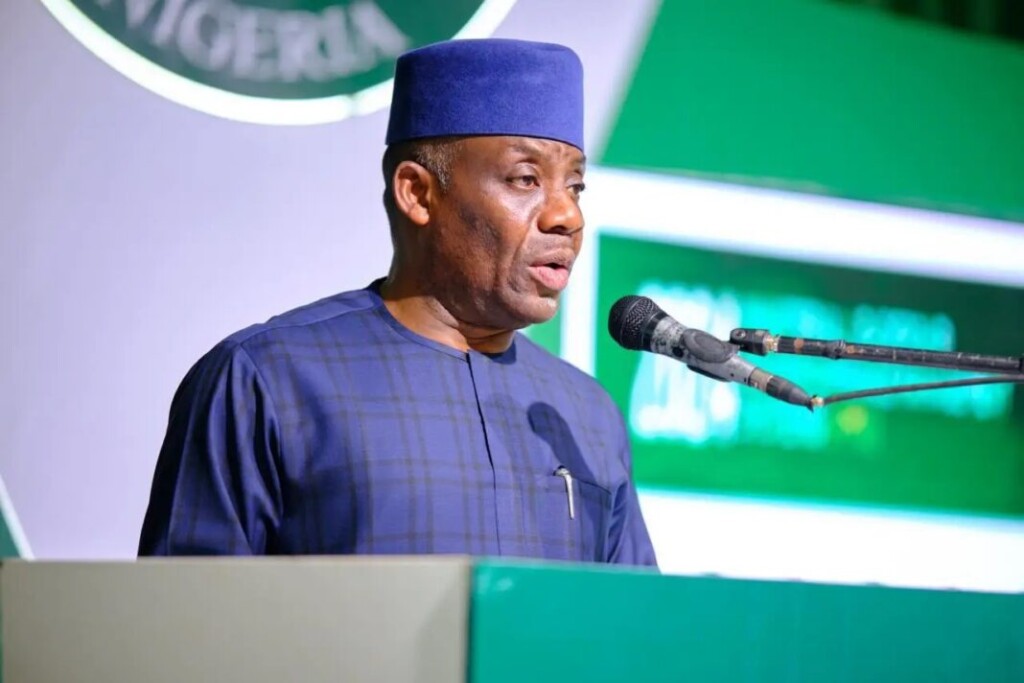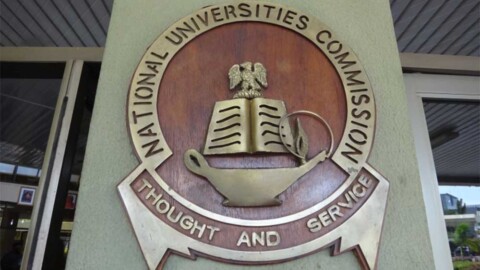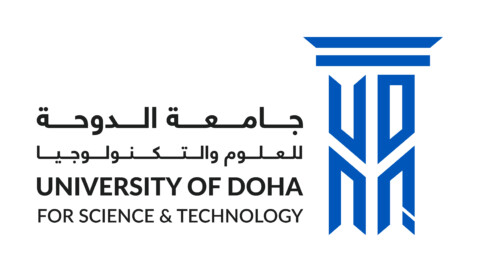The Federal Ministry of Education has signed a landmark Memorandum of Understanding (MoU) with the Rural Electrification Agency (REA) to provide uninterrupted 24-hour electricity in eight additional universities across Nigeria.
The agreement was signed under the Federal Government’s Energizing Education Programme (EEP) at the University of Abuja’s solar-powered mini-grid site, one of the beneficiaries of the initiative. This was disclosed in a statement issued by the Director of Press and Public Relations, Mrs. Folasade Boriowo, on Thursday in Abuja.
Speaking at the event, Minister of Education, Dr. Maruf Olatunji Alausa, reaffirmed the commitment of the Tinubu-led administration to human capital development through reliable and sustainable energy infrastructure in the education sector. He expressed gratitude to the President for prioritising 24-hour electricity in all federal and state-owned tertiary institutions.
Dr. Alausa revealed that the Federal Government is constructing mini-grid systems ranging from 1.1 to 12.5 megawatts across tertiary institutions and teaching hospitals. So far, 24 institutions have benefited from Phases I to III of the programme. In line with the Renewed Hope Agenda, the Ministry, through TETFund, plans to develop an additional four to six independent mini-grids with capacities between 2 and 10 megawatts in selected institutions across the country.
A key highlight of the ceremony was the signing of a new collaboration agreement under Phase IV of the EEP with eight more universities. These are the University of Lagos (UNILAG), Obafemi Awolowo University (OAU), University of Nigeria, Nsukka (UNN), Federal University Wukari, Ahmadu Bello University Zaria, Federal University Dutse, University of Benin, and the University of Ibadan. All Vice Chancellors of the beneficiary universities were present, except the University of Benin VC who was represented.
Dr. Alausa noted that consistent electricity would improve student learning environments, boost staff productivity, support research, and encourage entrepreneurship in university communities. He said the overall impact would drive national economic development and contribute to growth in GDP. He was accompanied at the event by the Minister of State for Education, Professor Suwaiba Said Ahmad.
Managing Director of the REA, Abba Aliyu, explained that Phases I to III have already delivered over 100 megawatts of clean energy to 24 federal universities and their teaching hospitals, directly impacting more than 600,000 students and 50,000 staff members. He also mentioned that Phase II supported two universities and two teaching hospitals, while Phase III—covering eight universities and one hospital—is nearing completion and will be commissioned soon.
Professor Abdullahi Yusuf Ribadu, Executive Secretary of the National Universities Commission, described the initiative as a practical, sustainable, and cost-effective solution to the electricity challenges facing higher education. He said the Energizing Education Programme is directly enhancing teaching, learning, and research in the sector.
Professor Patricia Manko Lar, Acting Vice Chancellor of the University of Abuja, thanked the Ministry and REA for what she called a timely and impactful intervention. She noted that the project would help solve longstanding electricity problems, reduce operational costs, and improve academic delivery.
The Ministry concluded that it remains committed to deepening this transformative agenda through continued collaboration with the REA and institutional partners nationwide.





